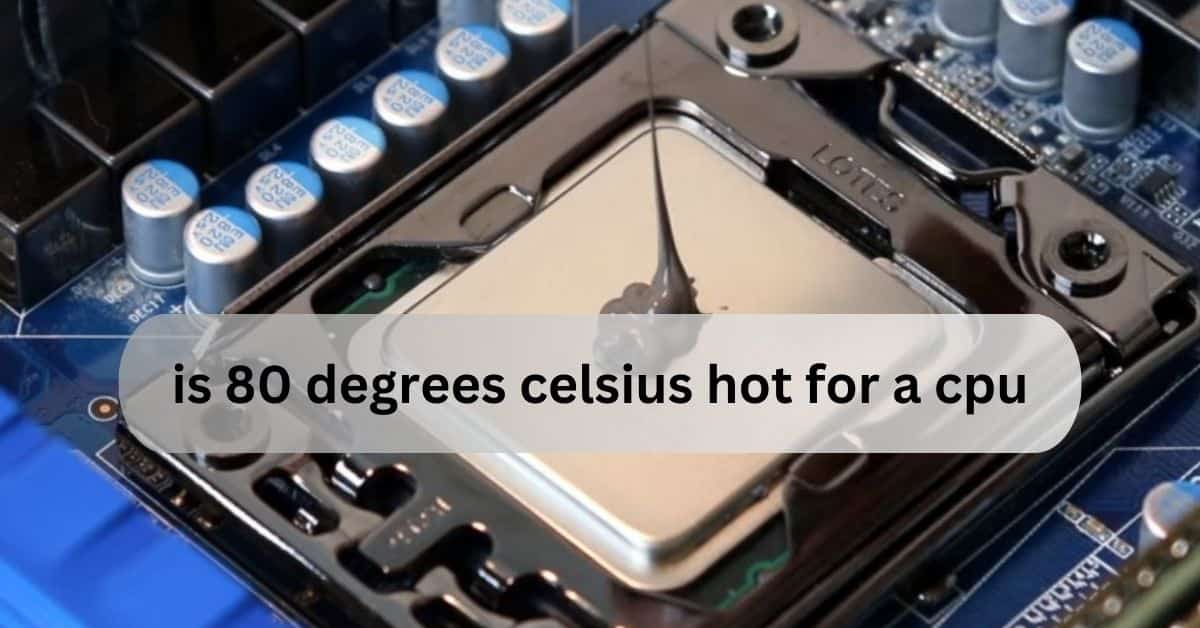It is 80 degrees Celsius hot for a CPU and I realized that such temperatures could lead to performance issues and potential damage. Now, I ensure my CPU stays below 70 degrees Celsius to maintain better performance and extend its lifespan.
Yes, Is 80 degrees Celsius hot for a CPU. For optimal performance and longevity, it’s best to keep temperatures below 70 degrees Celsius.
Is 80 degrees Celsius hot for a CPU and discuss its impact on your CPU’s performance and durability. We’ll also share tips on how to manage and prevent high temperatures to keep your system running efficiently.
Is 80°c Too Hot For A Cpu?
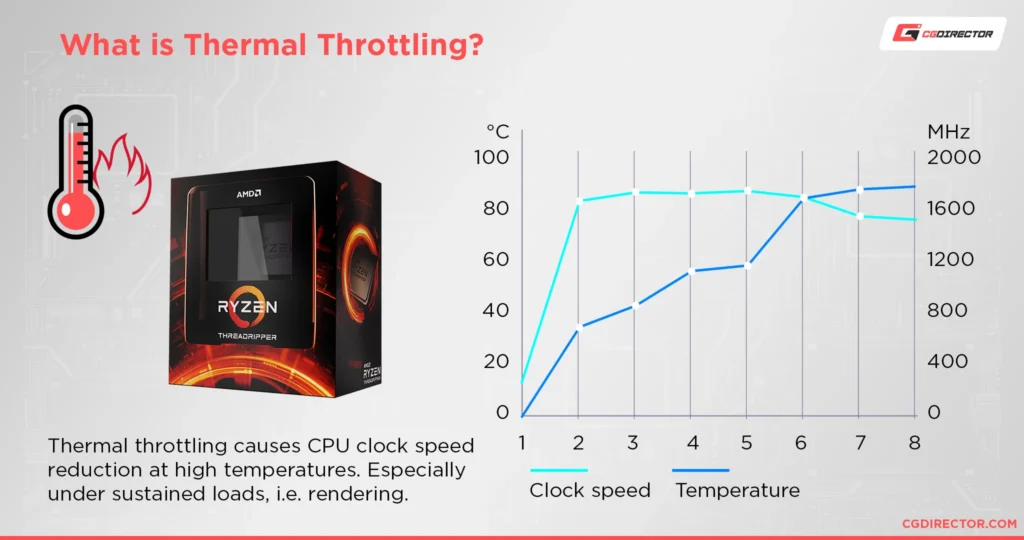
Yes, Is 80 degrees Celsius hot for a CPU. While it might be safe for short periods, running your CPU at this temperature for too long can cause problems. It may slow down to protect itself from overheating, which can make your computer run slower.
To keep your CPU in good shape, keep the temperature below 70°C. This will help your CPU work better and last longer without getting damaged.
Might High Temperatures At Any Point Dial Back My Central Processor?
Warm Choking:
At the point when your computer chip gets excessively hot, it lessens its speed consequently to chill off. This is classified “warm choking.” It safeguards the central processor from overheating, yet it likewise makes your PC run more slow.
Why It Works out:
Computer chips are worked to work best in cooler temperatures, generally somewhere in the range of 40°C and 70°C. Assuming that it gets more blazing, the central processor dials back to forestall harm. This can occur during exercises like gaming, video altering, or running many projects on the double, particularly in the event that your cooling framework isn’t sufficient.
Impact on Execution:
At the point when the central processor dials back, your PC’s presentation drops. You might see games running ineffectively, longer burden times, or assignments setting aside some margin to wrap up. This can be baffling on the off chance that you’re chipping away at something significant or utilizing weighty projects.
Long haul Effect:
Assuming your central processor continues to have at high fevers frequently, it could break down quicker. The intensity can harm parts inside the central processor over the long run, which can diminish its life expectancy or create issues later on.
What’s The Best Temperature For My Computer Chip?
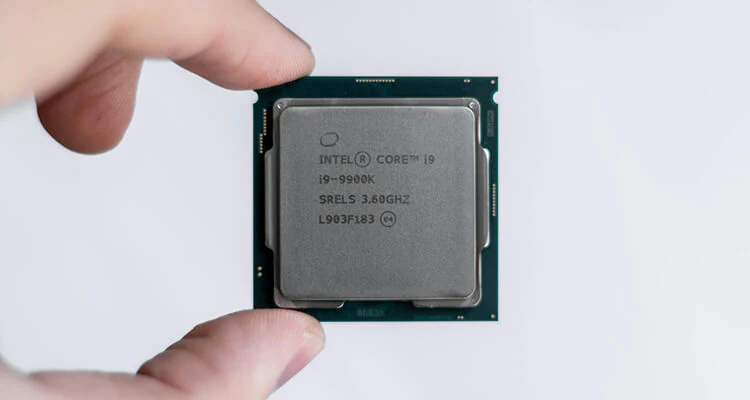
Inactive Temperature:
- Optimal Reach: 30°C to 50°C (86°F to 122°F)
- Out of gear, when your central processor isn’t dealing with escalated undertakings, it ought to stay cool. This reach permits the framework to deal with spikes in responsibility without overheating. If the idle temperature exceeds this range, a cooling issue may be present.
Typical Working Temperature (Under Burden):
- Optimal Reach: 60°C to 80°C (140°F to 176°F)
- At the point when your computer processor is handling undertakings like gaming, video altering, or running various projects, temperatures will normally increment. Keeping your computer chip between 60°C to 80°C during these tasks guarantees ideal execution without focusing on the equipment. is 80 degrees celsius hot for a cpu your computer processor could begin choking to forestall overheating.
Greatest Safe Temperature:
- Threshold: 90°C to 100°C (194°F to 212°F)
- Most central processors can in fact deal with temperatures up to 100°C, however it’s not ideal to allow them to work at these levels for broadened periods. When temperatures cross 90°C, the central processor begins to choke execution to chill off. Working reliably at high temperatures can abbreviate your central processor’s life expectancy and influence its unwavering quality.
Might High Temperatures At Any Point Influence Computer Chip Execution?
Why Execution Drops:
Computer chips are intended to work best inside a particular temperature range. At the point when the temperature increases over this reach, the computer chip’s capacity to handle information effectively diminishes. This is on the grounds that it focuses on cooling over speed, prompting longer burden times and diminished responsiveness.
Influence on Assignments:
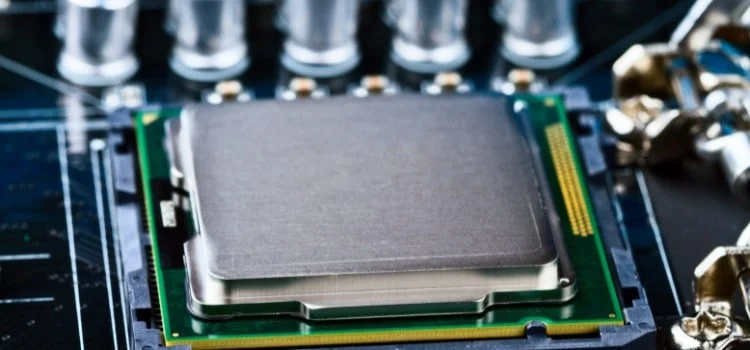
High temperatures can influence different assignments. During gaming, video altering, or running different projects, you could see stammering, slack, or more slow handling speeds when youris 80 degrees celsius hot for a cpu for a computer processor This can be disappointing, particularly in the event that you’re attempting to finish requesting responsibilities.
Long haul Impacts:
Reliably high temperatures can affect your computer processor. Over the long run, the extreme intensity can cause mileage on the inside parts, possibly prompting diminished execution and a more limited life expectancy for the central processor.
Is 80°c Typical While Gaming?
Indeed,is 80 degrees celsius hot for a cpu is typical for certain computer chips while gaming, particularly during requesting games. Gaming puts a great deal of weight on your central processor, which makes it heat up more than expected. Numerous computer processors can deal with this temperature with practically no prompt issues.
Notwithstanding, it’s smart to hold back nothing, around 70°C or underneath, if possible. Keeping your computer chip cooler aides it perform better and can forestall any drawn out harm, guaranteeing it endures longer.
How Might I Monitor My Computer Chip Temperature?
Guarantee Appropriate Wind stream:
Keep up with great wind stream inside your PC case by consistently cleaning dust from vents and fans. Dust development can impede wind current and trap heat, prompting higher central processor temperatures. Present sure your defense has adequate admission and exhaust fans, and consider link the executives to further develop wind current effectiveness.
Utilize a Quality computer chip Cooler:
Put resources into a top notch computer processor cooler to oversee heat successfully. Air coolers with bigger heatsinks and different fans or fluid coolers with radiators can give unrivaled cooling execution. Guarantee the cooler is viable with your computer processor attachment and has great warm conductivity to deal with high temperatures.
Apply Warm Glue:
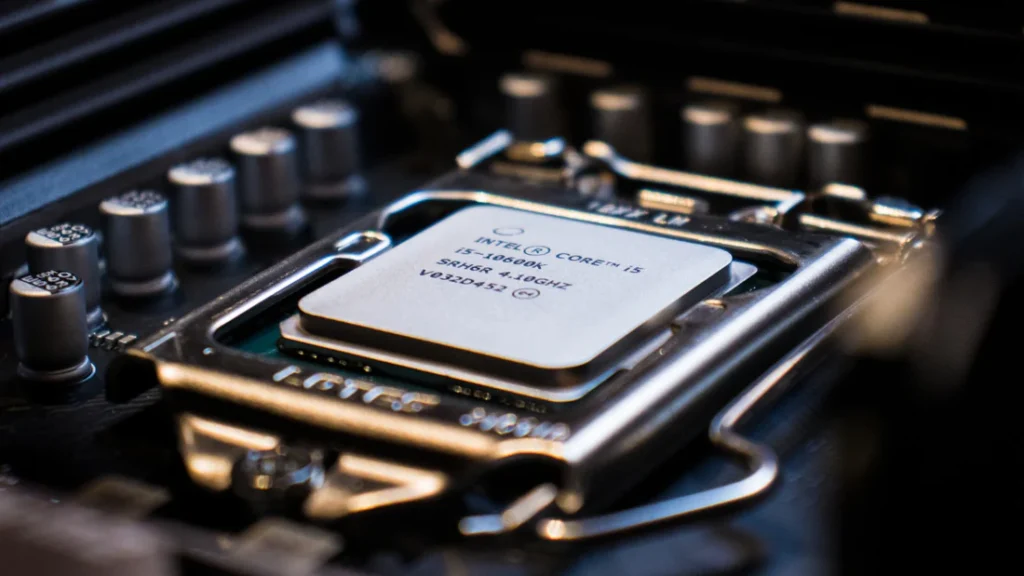
Appropriate use of warm glue is urgent for proficient intensity move between your central processor and cooler. Over the long run, warm glue can dry out or debase, so reapply it like clockwork or on the other hand in the event that you notice expanded temperatures. Adhere to the maker’s directions for the best application method.
Keep a Cool Room Temperature:
The surrounding temperature of your room can essentially influence your computer processor’s temperature. Keeping your room cool assists your framework with remaining inside safe temperature ranges. Utilizing cooling or a fan can assist with keeping a steady climate and forestall overheating.
What Is A Protected Temperature Range For A Central Processor?
A protected temperature range for a computer chip is ordinarily somewhere in the range of 40°C and 70°C. Keeping your central processor inside this reach helps it perform well and forestalls overheating.
Assuming temperatures go above 70°C, particularly approaching 85°C, it’s an indication that you ought to further develop cooling to stay away from expected harm and execution issues.
FAQs:
1. What are the signs that my CPU is overheating?
Signs of an overheating CPU include system crashes, random reboots, decreased performance, and unusual fan noise. If your system is experiencing these issues, check your CPU temperature and cooling solutions.
2. What happens if my CPU reaches 80°C regularly?
Regularly 80 degrees Celsius hot for a CPU can cause your CPU to throttle its performance to prevent overheating. This means your computer may run slower and experience reduced efficiency over time.
3. Is it safe to run my CPU at 80°C while gaming?
While 80°C might be normal during intense gaming sessions, it’s still on the high side. It’s best to aim for temperatures below 70°C for optimal performance and to prevent potential issues.
4. How can I check my CPU temperature?
You can check your CPU temperature using software tools like Core Temp, HWMonitor, or your motherboard’s BIOS/UEFI settings. These tools provide real-time temperature readings and can help you monitor your system.
Conclusion:
Is 80 degrees Celsius hot for a CPU is quite hot for a CPU and can lead to performance issues and reduced lifespan if sustained. Aim to keep your CPU temperature below 70 degrees Celsius to ensure optimal performance and longevity.
